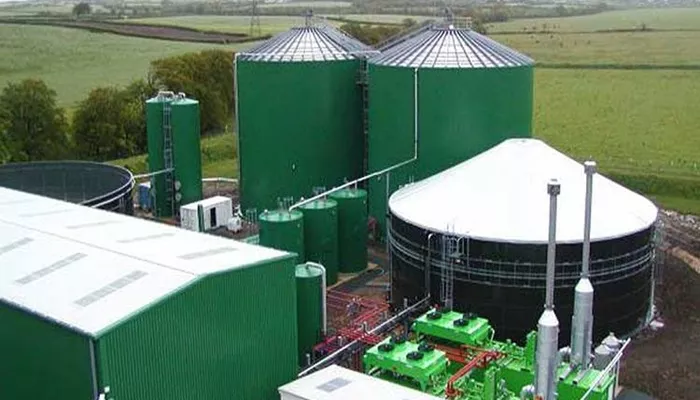In a groundbreaking move towards sustainable waste management and clean energy, the Cuttack Municipal Corporation (CMC) has entered into a concessionaire agreement with Oil India Limited (OIL) to establish a state-of-the-art compressed biogas (CBG) plant in Jagatpur. The plant, with an initial capacity of 200 tons per day (TPD) of municipal solid waste (MSW), is set to play a pivotal role in transforming the city’s waste management system and contributing to India’s renewable energy goals.
A Significant Green Investment
As part of the agreement, Oil India will invest ₹150 crore into the development of the CBG plant, which is designed to process segregated organic waste into compressed biogas. The project is part of India’s wider efforts to foster sustainability and energy innovation. OIL also plans to scale up the plant’s capacity to 300 TPD over the next three to five years.
Key Agreement and Land Allocation
The official signing of the agreement took place between Ranjan Goswami, Executive Director of Oil India, and Anam Charan Patra, the CMC Commissioner. The CMC has allocated 11.88 acres of land in Ward No. 49 for the plant’s construction. The plant is expected to be operational within 24 months, after which it will contribute significantly to the city’s environmental sustainability while also creating employment opportunities.
Clear Roles and Responsibilities
Under the terms of the agreement, CMC will provide a daily supply of 200 TPD of segregated wet waste to the plant. Oil India will take responsibility for the entire project execution, including the design, financing, construction, operation, and maintenance of the facility over a 25-year concession period.
Driving Cleaner, Greener Cities
This partnership marks a significant leap forward in the urban waste-to-energy conversion journey and aligns with India’s mission to create cleaner, more sustainable cities. By converting municipal waste into renewable energy, the project not only addresses environmental concerns but also generates local employment, with an estimated 70–80 direct jobs and numerous indirect opportunities in related sectors.
As India continues its push for greener energy solutions, this collaboration serves as a model for public-private partnerships in addressing climate change and promoting sustainable urban development.

